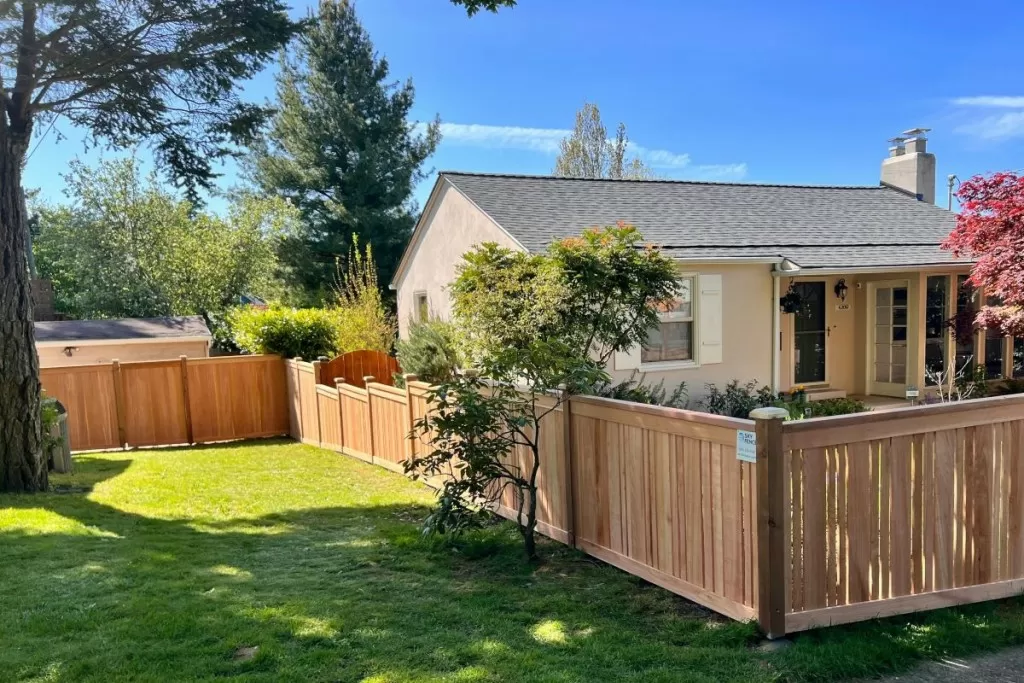Adverse possession is a legal concept that may seem unfamiliar to many, but it is important to understand its implications. It is a legal principle that allows a person to gain ownership of a property by occupying it for a certain period of time, without the permission of the owner. This may sound surprising, but it is a well-established law that has been in place for centuries.
So, what exactly is adverse possession and how does it work? Let’s delve deeper into this concept and understand its significance.
Adverse possession is a legal doctrine that allows a person to acquire ownership of a property by occupying it continuously and openly for a specified period of time. This period of time varies from state to state, but it is typically between 5 to 30 years. The person claiming adverse possession must also meet certain requirements, such as using the property as their own, paying property taxes, and maintaining the property.
The idea behind adverse possession is to encourage the productive use of land and prevent it from lying idle. It also serves as a way to resolve disputes over land ownership, especially in cases where the property has been abandoned or neglected by the owner.
To successfully claim adverse possession, the person must prove that they have met all the necessary requirements. This includes showing that they have been in continuous and uninterrupted possession of the property for the required period of time. They must also demonstrate that their possession was open and notorious, meaning that it was obvious to anyone that they were using the property as their own.
Furthermore, the person must show that their possession was hostile, meaning that they did not have the owner’s permission to use the property. This does not necessarily mean that they had malicious intent, but rather that they were using the property without the owner’s consent.
It is important to note that adverse possession laws vary from state to state, and the requirements may differ. Some states may require the person to have paid property taxes on the property, while others may not. It is crucial to consult with a real estate attorney to understand the specific laws and requirements in your state.
Now, you may be wondering how someone can occupy a property for such a long period of time without the owner noticing. This is where the concept of “tacking” comes into play. Tacking allows a person to add their period of possession to that of a previous occupant, as long as there was no interruption in the possession. This means that if the previous occupant had been using the property for 10 years, and the current occupant has been using it for 5 years, they can combine their periods of possession to meet the required time frame.
Adverse possession can be a complex and controversial concept, as it essentially allows someone to take ownership of another person’s property. However, it serves an important purpose in resolving disputes and promoting the productive use of land.
It is also worth noting that adverse possession does not apply to all types of properties. Government-owned land, for example, is not subject to adverse possession. Additionally, if the owner of the property is a minor or has a mental disability, the time period for adverse possession may not begin until they reach legal age or regain their mental capacity.
In conclusion, adverse possession is a legal concept that allows a person to gain ownership of a property by occupying it for a certain period of time. It serves as a way to resolve disputes over land ownership and encourages the productive use of land. However, it is important to understand the specific laws and requirements in your state before attempting to claim adverse possession. Consulting with a real estate attorney can help you navigate this complex legal concept and ensure that you are following all necessary steps.
We hope this article has helped you gain a better understanding of adverse possession and its implications. Remember, knowledge is power, and being informed about your rights and responsibilities as a property owner is crucial. Thank you for reading and happy land-owning!

